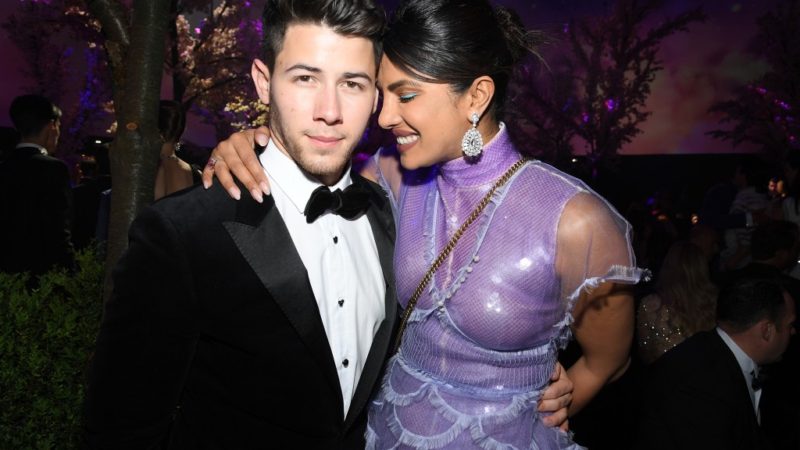He’s Not Sorry

When something goes awry in a friendship, girls and women often apologize. It doesn’t matter so much what happened or who is at fault, they are just sorry that things are off and want to feel connected to each other again.
For example, let’s say I said something that hurt my friend’s feelings, or I misremembered what when we were supposed to get together, I would tell her how sorry I am. Then, she would probably tell me that it is okay and that she’s sorry that she is so sensitive, or wasn’t clear about the time, and so on. I would say: No, no, she doesn’t need to apologize, it was my fault. Eventually, we would both stop apologizing and move forward.
These apologies are social glue in girls’ and women’s friendships. They are not necessarily admissions of guilt or wrong-doing (although they can be). In most cases, these apologies have less to do with determining who is at fault and more to do with making sure hurt feelings are mended and the relationship is intact.
In contrast, I have clear memories of this approach not working out so well for me with men, across several types of relationships—friends, boyfriends, co-workers. After some sort of misunderstanding or a tense or awkward interaction. I would say, “I am so sorry.” And he would say, “It’s OK.”
What? “It’s OK?” I was livid.
How rude.
My female friends reported similar interactions with men, which made them similarly angry. And I bet the guys were all similarly perplexed. After all, they literally just said, “It’s OK.”
It wasn’t until I began studying gender and communication, from a developmental perspective, that I better understood what went wrong.
Growing Up as a Girl or Boy
You probably remember that, in grade school, girls and boys don’t play together much. There are mostly girl groups and boy groups. There also are differences in the nature of girls’ and boys’ activities between friends. On average, girls are more likely than boys to interact in small groups and to spend time in social conversation and cooperative activities. Boys are more likely to interact in larger groups in competitive sports and games.
Girls’ and boys’ conversational styles reflect these differences. Girls’ talk to each other is generally more collaborative and accommodating as compared with boys. Among boys, there is more jockeying back and forth and more “trash talking” (often, but not always, in a good-natured way). Boys tend to develop a self-protective interactional style and to avoid showing or admitting to weaknesses.
Risks and Benefits of Saying Sorry
Now fast forward a decade or so and consider the meaning of saying sorry among women and men.
Women grew up in a context within which saying sorry had almost no costs and many potential benefits. Whether it was mostly her fault, mostly her friend’s fault, both of their faults, or no one’s fault, often they both say sorry. This reaffirms their friendship.
Men, though, grew up in a context in which saying sorry did come with risks. Saying sorry was admitting fault and/or weakness. It created vulnerability, often in a group context, in which others might pile on. Moreover, because saying sorry is less common among boys, it can seem girlish, or a boy can come off like a sissy. For boys, saying sorry came with risks, and few benefits because their friends weren’t expecting apologies.
Growing up in this social context doesn’t mean that boys never apologized. But apologizing did carry a different meaning. The bar for apologizing was higher. Apologies typically were saved for more serious missteps and for contexts in which their words would not be used against them.
Culture Crash
Eleanor Maccoby, who was a pioneer in the study of gender and relationships, proposed that girls and boys learn and practice interaction styles with peers as children, and carry these styles to adulthood. She suggests that this can create challenges and conflicts when women and men interact. Considerable research has supported her proposals. In fact, a recent study found that even young children expect that same-sex peers will be more responsive to their communication styles than other-sex peers.
Apologizing provides a good example of Maccoby’s proposal. When a woman says sorry, she often means, “I don’t like that we aren’t getting along, and I want things to be ok between us.” When man apologizes, he often means, “I did something wrong that was serious, and I am taking responsibility for that.”
When there are relatively small bumps in a relationship, like someone making an off-handed comment that is a little insensitive or showing up late due to a last-minute phone call, a male partner may not even think to say sorry. Moreover, he may be surprised if the other says sorry. If he says, “it’s OK” in response to her apology, it is not meant as an interpersonal slight.
What’s a Girl (or Guy) to Do?
How should women, and men, handle this?
For her: Don’t say sorry by reflex, or just to get an apology back.
Women need to learn not to say sorry as a reflex. Even though doing this may serve them well among their women friends, in other contexts, they may be seen as taking responsibility for problems that they did not cause. At work, for example, this could lead to women being perceived as less competent.
Also, women need to avoid saying sorry just to get a sorry back. If she is truly apologetic, then an apology is appropriate. What if she really means: “Are we OK?” “Can we get past this?” Then that is what she should say.
For him: Just say sorry. (Or something else nice.)
For men who want to make their relationships go more smoothly, they may want to figure out what the women in their lives mean when they say sorry and consider saying it back. In good relationships, women are unlikely to use the apology as ammunition or to hold it over their head. Rather, they probably will feel appreciative. Still, if that feels disingenuous, men may choose not to apologize but to say something different that is reassuring.
Will Men and Women Always Speak Different Languages?
Men aren’t from Mars, and women aren’t from Venus. However, sometimes it does seem like one gender is from the East Coast and the other is from the Midwest. Men and women speak the same language, but their different accents and expressions can lead to miscommunication at times.
In today’s society, we are experiencing considerable change in regard to sex and gender. There is more interest than ever before in raising children in a gender-neutral manner and greater acceptance of fluidity in gender. Perhaps in a generation or two, there will be fewer communication challenges altogether. In the meantime, understanding each other’s perspectives should help us meet in the middle.
Source:psychologytoday.com






